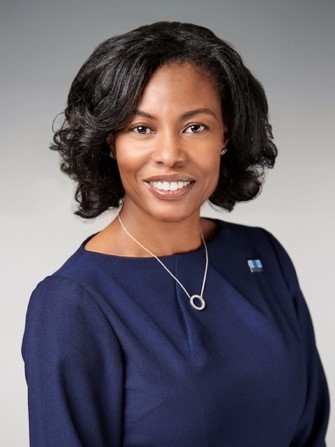Building Equitable Workplaces Requires the Right Tools
CDE Blog
Thanks for visiting the Campaign for Disability Employment’s (CDE) blog, which features insightful posts from a wide range of guest contributors. If you have an idea for a blog post about disability employment, we’d love to hear about it. Contact us at info@whatcanyoudocampaign.org.
At work, it’s what people CAN do that matters
Subscribe to our updates, follow us on social media and learn how to spread the word.
 Building Equitable Workplaces Requires the Right Tools
Building Equitable Workplaces Requires the Right Tools